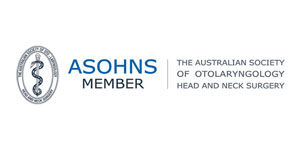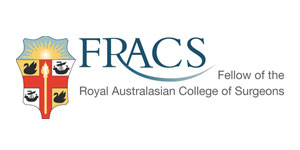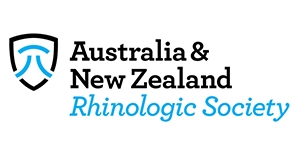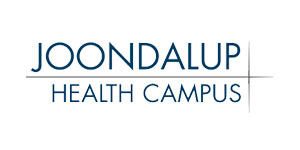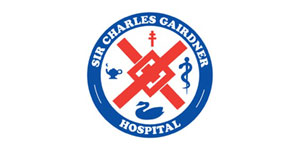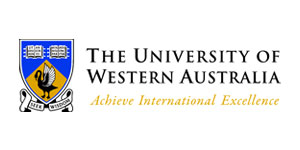Adenoidectomy
- Adenoidectomy is the removal of the adenoids. The adenoids are pads of tissue located behind the nose in the top of the throat (tonsils of the nose). Following surgery, your child may lack energy for several days and may also be restless at night. This will improve over three to four days after the adenoidectomy.
- It is important that you child drink plenty of fluids for the first three days. Begin by offering you child clear liquids the day of surgery. Clear liquids might include apples juice, soft drink, jelly or ice blocks. Many children begin eating a light diet the first day of surgery. These foods may include soups, potatoes, bananas, eggs and applesauce. Your child can eat a normal diet when he/she feel ready. Your doctor will notify you of any diet restrictions.
- Your child should rest at home for the first 24 hours. Activity may increase as strength returns. Generally children return to school two to three days after the surgery. Your doctor will advise you of any activity restrictions. During the first two to three days children should be kept out of larger groups where they are more likely to contract a viral illness.
- Is it not unusual for your child to feel sick after an adenoidectomy.
- If vomiting persists for more than 6 hours – contact the office on 9300 9800.
- Your child may experience a mild sore throat of headache for two to three days that can be relieved by Panadol or Nurofen. Do not use Aspirin. If your child has been using a prescribed narcotic pain medication do not give additional Panadol unless you check with your doctor.
- Bad breath is very common due to healing of the back of the throat. Your child may gargle with a mild salt-water solution to improve the bad breath (mix ½ teaspoon of table salt with 250 mls of warm tap water). Your child may also chew gum. Some children mouth breathe or snore during the recovery period due to swelling. Propping your child up with pillows may lessen the snoring.
- There may be a minimal trickle of bleeding from the nose. If the bleeding if profuse, sit your child upright and squeeze the nose.
- It is normal for a child to have a slight fever (38 degrees Celsius) for the first few days following surgery. Have your child drink plenty of fluids and take Panadol to keep the fever down.
- If the fever is over 38.5 degrees Celsius – contact the office on 9300 9800.
You should have been given a follow up appointment date for 2 – 3 weeks post surgery. If you have not received this, please call the office on 9300 9800.
